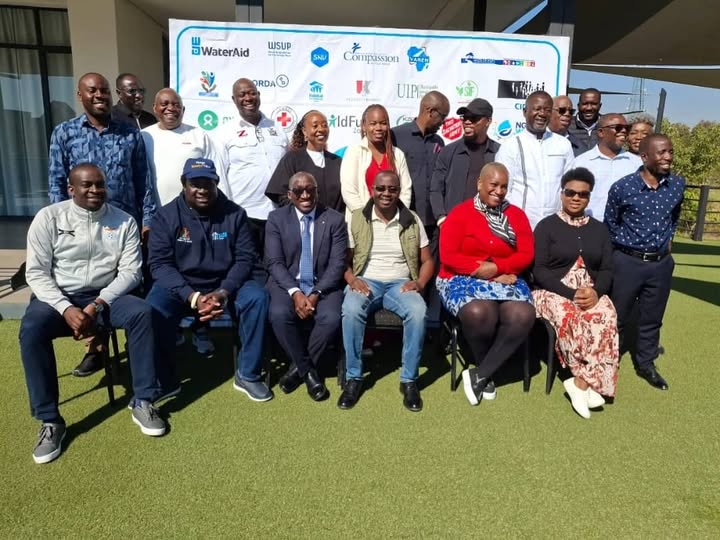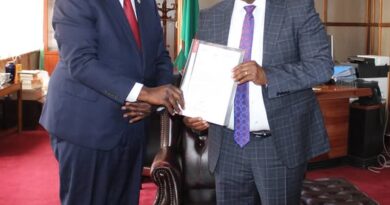WASH Forum Urges Urgent Water Tariff Reforms to Avert Donor Exit
The Zambia NGO WASH Forum has called on the Government to urgently implement water tariff reforms to ensure the financial sustainability of commercial water utilities, warning that failure to act could lead to donor withdrawal and threaten progress in the country’s Water, Sanitation and Hygiene (WASH) sector.
Speaking at a joint meeting held in Lusaka with the Parliamentary Caucus on WASH (PC-WASH) and the Committee on Energy, Water Development and Tourism, Forum Coordinator Bubala Muyovwe-Mumba said the sector faces a dire financial situation. She cited a recent study which revealed poor transparency around commercial operations and funding flows that are now failing to meet sector needs.
Muyovwe-Mumba stressed the importance of government leadership, regulatory alignment, and improved oversight to sustain and build upon past achievements. “The sector is heavily reliant on international partners. Without reforms to ensure the viability of our commercial water utilities, we risk losing that critical support,” she said.
She added that the Zambia NGO WASH Forum, a coalition of 41 NGOs, is ready to collaborate with Members of Parliament on the proposed Water Supply and Sanitation Bill, praising Minister of Water Development and Sanitation Engineer Collins Nzovu’s willingness to engage in political dialogue that connects technical policy with legislative backing.
The Lusaka meeting aimed to strengthen partnerships among civil society, lawmakers, and the executive, while developing a unified advocacy plan, deepening cohesion, and promoting engagement with the newly proposed water legislation.
Addressing the gathering, Engineer Romas Kamanga, Permanent Secretary in the Ministry of Water Development and Sanitation, reaffirmed Government’s commitment to universal access to safe water and sanitation. He described WASH as a cornerstone of sustainable development, economic resilience, and public health.
Kamanga emphasised the need for an inclusive legal framework that prioritises vulnerable and marginalised groups, and called for adaptability in the face of emerging water challenges. He also highlighted the importance of a recent memorandum of understanding signed by the National Assembly to promote community engagement and multi-stakeholder collaboration.
Parliamentary Caucus on WASH Chairperson, Mutinta Twaambo, MP, echoed the urgency of the matter, noting that Zambia’s commercial water utilities’ debt had surpassed K2 billion as of April 2025. He urged collective accountability and gender-sensitive approaches in policy and programme development, especially in ensuring women’s voices are heard in WASH governance.
Twaambo also thanked the Water Voices United Project, which co-funded by the European Union and Danish People’s Aid, is strengthening the role of civil society organisations in WASH governance. Led by SNV in partnership with the NGO WASH Forum, the initiative aims to help Zambia progressively realize the human right to water and sanitation for all.



